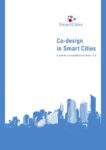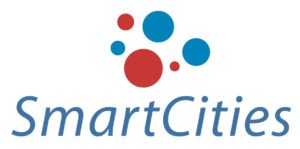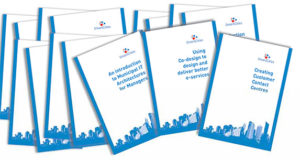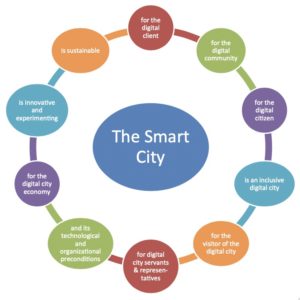
LIKE! supported the development of local ‘innovation cultures’ in cities across Europe. Our content strategy pulled together the findings and key lessons learned into a set of 4 magazines. Learn why we took this approach
With a focus on making content accessible to a wide audience, the magazines covered key themes and showcased the value of international collaborations within the project.

LIKE! has been developing new ways for cities and communities to use data – to design and deliver better services, and to make better policy decisions for communities.
The ‘Creating Digital DNA’ work in LIKE! has focused on 3 areas: 1) Digital dashboards, 2) Local data for local services, and 3) the Internet of things (IoT).

A key risk faced by many projects is they didn’t make sure that they had enough staff to deliver what they promised.
I’ll tell you why this is such a big deal to funders and managers, and how you can change your approach to better manage this risk.

Key lessons in how to structure a high-risk project that keeps funders happy and give you flexibility in managing innovation programmes.

I spent three years managing the Smart Cities Academic Network, which was set up to provide support to the Smart Cities Project. This case study summarises the SCAN approach and identifies the key outcomes.

The Common Process Model has been developed to help you identify, measure and improve the performance of business processes.

8 case studies on how cities in northern Europe have developed their web sites, plus a comprehensive overview of different approaches to city website development.

Geographical Information Systems can be used by cities in a range of ways to deliver smarter services – these are the key lessons from the Smart Cities Project.

Co-design brings stakeholders – customers, clients, service users, citizens – into the service design process. It is a move towards user-led process design, and should lead to a user-led approach to service delivery.
This report brings together in-depth examples of co-design at work in the development of Smart Cities.
The Smart Cities Academic Network developed a systemic, accessible approach to knowledge production and dissemination that was designed to accelerate the development of e-services and e-government in Europe.
This is a bibliography of resources and articles that focus on modernity and post-modernity and place – some cover consumption/specific places.

In my experience the key thing delaying the start of research projects is staff availability – whether you have access to the people you need, or if you need to recruit and how ready to recruit you (and your organisation) are.













